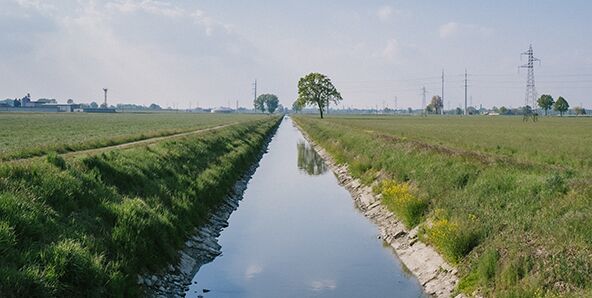Kansas agriculture has been impacted significantly by the drought conditions across the state, but Kansas State University water resources engineer Jonathan Aguilar said a web-based application can help farmers plan for the future.
The K-State Mobile Irrigation Lab includes a crop water allocator to help farmers with limited water resources maximize their return, according to Aguilar. With this new tool, he adds, farmers can decide the best crop combinations for their fields, and then estimate net returns.
“This crop water allocator pushes the model toward the net return, so most of the inputs here could be modified toward their own local operation,” Aguilar said.
He recommends experimenting with the application to understand its function and decide which scenarios work best for an individual operation.
For example: “Inputs could be modified to change the price of the commodity, (projecting) that the price will be better next year, or that the price is going to go down,” Aguilar said. “Changing the seeding rate, the nutrient, or the fertilizer that’s going to be applied, you could change the labor cost, your yield goal, how many acres are going to be planted with a type of crop, and the water allocation.”
Completely customizable, this tool helps producers plan their goals and make decisions based on current conditions and future predictions, Aguilar said.
“If you only have a water allocation of 5 inches in western Kansas, that typically will not get through a corn crop,” Aguilar said. “So, you would be better off going through either grain sorghum or wheat in that scenario. But if you have more water than that, then you have more flexibility in terms of looking at what kind of crops that you would be able to put in your field or sub-divide your fields into four sections.”
Any number of scenarios could be tested online to fit an individual producer’s goals, Aguilar said.
More information on the crop water allocator application is available online or by contacting local extension offices in Kansas.


